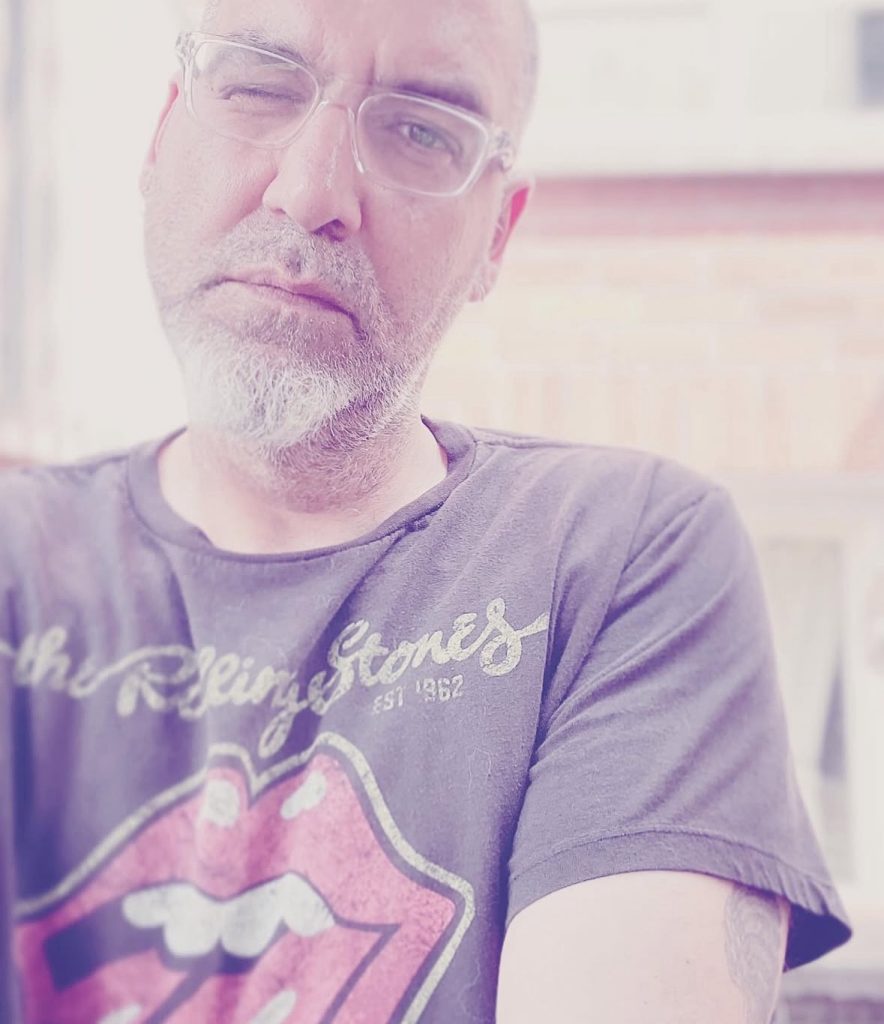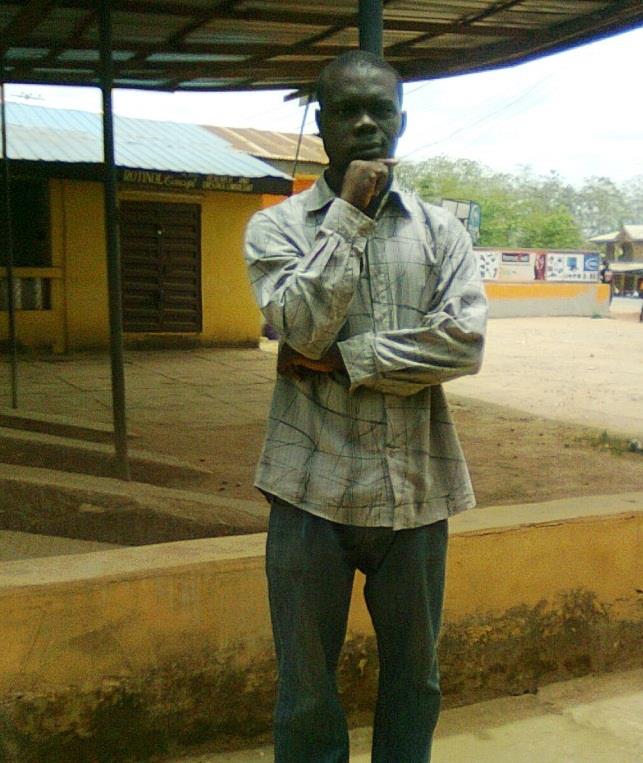Investigating Lexical Access Latency in Trilingual Uzbek–Russian–English Speakers in a Psycholinguistic Perspective
Tojimurodova Latofat Farxod qizi
Uzbekistan State World Languages University
English first Faculty
Abstract: This study investigates lexical access latency in trilingual speakers proficient in Uzbek (L1), Russian (L2), and English (L3). Lexical access, the mental process through which words are retrieved from the mental lexicon during speech production and comprehension, is a critical aspect of language processing. In multilingual individuals, factors such as language dominance, frequency of use, emotional salience, and context of acquisition can significantly affect the speed of access across different languages. Utilizing a cross-modal lexical decision task (LDT), we examined reaction times for high-frequency and low-frequency words in each language using computerized experimental software. Data was collected from 30 university-level participants in Uzbekistan who reported regular use of all three languages in distinct domains—home, education, and digital communication. Our findings revealed that lexical access was fastest in the most dominant or contextually relevant language, though this varied across participants. Uzbek generally yielded the shortest response times, followed by Russian and English. The study contributes to psycholinguistic research by highlighting how multilingual lexical systems interact dynamically depending on linguistic environment and usage patterns. These results offer practical implications for multilingual education and cognitive assessments in diverse sociolinguistic contexts.
Keywords: Lexical access, trilingualism, Uzbek–Russian–English, reaction time, psycholinguistics, language dominance, lexical decision task.
Lexical access—the retrieval of stored words from the mental lexicon—is fundamental to real-time language comprehension and production. In monolinguals, this process is typically automatic and efficient. However, in multilingual individuals, lexical access becomes significantly more complex due to the presence of multiple, overlapping language systems. Trilingualism, especially in linguistically diverse regions like Uzbekistan, introduces a unique dynamic wherein each language plays a different sociocultural and functional role. Uzbek, as the official state language, is often acquired first (L1) and used predominantly in familial and national contexts. Russian, although not an official language, retains strong sociolinguistic influence due to historical, academic, and media exposure, functioning as a de facto second language (L2) for many. English, increasingly integrated into the educational system and international communication, typically serves as the third language (L3), acquired later through formal instruction.
Understanding how these languages are accessed in the mind has both theoretical and applied significance. From a psycholinguistic standpoint, it allows us to examine how cognitive resources are distributed across language systems. Practically, it informs language teaching, cognitive assessment, and clinical diagnosis for multilingual individuals.
The present study focuses on measuring lexical access speed across three languages using a Lexical Decision Task (LDT). Specifically, it addresses the following research questions:
- Which language yields the fastest lexical access among trilingual Uzbek–Russian–English speakers?
- How do language dominance and usage frequency influence access speed?
- Are there consistent patterns in word retrieval latency across participants?
By systematically comparing access speeds and drawing correlations with self-reported language use, this study aims to contribute empirical insights to the broader field of bilingual and trilingual processing models. The outcomes not only shed light on the cognitive structure of trilingual speakers but also propose implications for educational policy, particularly in contexts where multilingualism is the norm rather than the exception.
Lexical access in multilingual individuals has long intrigued psycholinguists, especially in contexts involving unbalanced language exposure and usage. Classic models such as Levelt’s (1989) model of speech production emphasize a serial progression from conceptualization to articulation, where lexical retrieval plays a key intermediate role. For bilinguals and trilinguals, this process is not always linear due to the co-activation of multiple lexicons (Kroll & Stewart, 1994; Dijkstra & van Heuven, 2002). The Bilingual Interactive Activation Plus (BIA+) model further refines this understanding by suggesting that both target and non-target languages are simultaneously activated during word recognition, with inhibitory mechanisms managing language selection.
Recent empirical research on trilinguals indicates that lexical access latency is modulated by a range of variables: age of acquisition (AoA), language dominance, frequency of use, and emotional significance (Costa et al., 2000; Tokowicz & Kroll, 2007). For instance, de Groot (2011) observed that L1 access remains fastest in most contexts, but domain-specific proficiency may reverse this trend, especially when the L2 or L3 is frequently used in academic or professional settings.
In Central Asian multilingual communities, research remains limited. However, studies by Sharipov (2018) and Nurmurodova (2020) indicate that Uzbek speakers often switch to Russian in academic discourse and to English in digital and professional spheres. This pragmatic distribution suggests a form of contextual language dominance, which may not always align with chronological order of acquisition.
Despite these advances, trilingual lexical access in post-Soviet societies remains understudied. The current study fills this gap by offering quantitative data on access speed across three actively used languages in Uzbekistan, drawing connections between cognitive activation and sociolinguistic patterns.
This study highlights the intricate and dynamic nature of lexical access in trilingual speakers of Uzbek, Russian, and English. The data suggest that although Uzbek generally serves as the dominant and most accessible language for most participants—presumably due to early acquisition and daily usage—Russian, which holds significant functional value in academic, scientific, and media domains in Uzbekistan, at times surpassed Uzbek in lexical retrieval speed. This finding challenges the traditional assumption that the first language (L1) always ensures the fastest access, emphasizing instead the role of contextual language dominance and domain-specific language activation.
English, as the third language (L3) and often acquired through formal education rather than naturalistic exposure, demonstrated comparatively slower access speeds. This result is consistent with the weaker links hypothesis, which posits that less frequently used languages create weaker associative pathways in the mental lexicon, leading to delayed retrieval.
These findings have several pedagogical and theoretical implications. First, they support the idea that language proficiency alone is insufficient to predict lexical access efficiency; educators and researchers must also consider the emotional salience, frequency of use, and functional distribution of each language within a speaker’s life. Language educators in multilingual societies like Uzbekistan should adopt a more context-sensitive approach, designing instruction that mirrors learners’ real-world language environments. Furthermore, the results reinforce psycholinguistic models that emphasize co-activation and competition among multiple lexicons, particularly in multilinguals navigating sociolinguistically layered settings. The overlap and interaction between languages in the brain appear to be shaped by both linguistic history and current sociocultural utility.
For future research, it is advisable to expand the demographic scope of participants to encompass a more diverse range of language users, including older adults, early childhood trilinguals, and individuals from rural or monolingual-dominant regions. Such inclusion would allow for a more comprehensive analysis of how variables such as age, linguistic exposure, and local language ecology influence lexical access and processing in multilingual individuals. These demographic extensions could reveal developmental, experiential, and sociolinguistic dimensions of multilingual lexical organization that are not captured in studies with homogenous participant pools.
Furthermore, integrating neuroimaging techniques—such as functional Magnetic Resonance Imaging (fMRI) or Electroencephalography (EEG)—would offer valuable insights into the neural correlates of lexical activation and selection in multilingual speakers. These methods could empirically substantiate behavioral findings and help delineate the cognitive and neurological mechanisms underlying the management of multiple lexicons. By combining behavioral data with neurophysiological evidence, future studies can deepen our understanding of how multilingual minds store, access, and control language in both everyday and cognitively demanding contexts.
References
- Dijkstra, T., & van Heuven, W. J. B. (2002). The architecture of the bilingual word recognition system: From identification to decision. Bilingualism: Language and Cognition, 5(3), 175–197.
- Kroll, J. F., & Tokowicz, N. (2005). Models of bilingual representation and processing: Looking back and to the future. In J. F. Kroll & A. M. B. De Groot (Eds.), Handbook of Bilingualism (pp. 531–553). Oxford University Press.
- Levelt, W. J. M. (1989). Speaking: From Intention to Articulation. MIT Press.
- de Groot, A. M. B. (2011). Language and Cognition in Bilinguals and Multilinguals: An Introduction. Psychology Press.
- Marian, V., Blumenfeld, H. K., & Kaushanskaya, M. (2007). The Language Experience and Proficiency Questionnaire (LEAP-Q): Assessing language profiles in bilinguals and multilinguals. Journal of Speech, Language, and Hearing Research, 50(4), 940–967.



